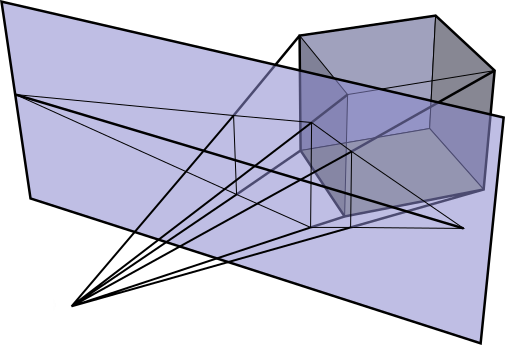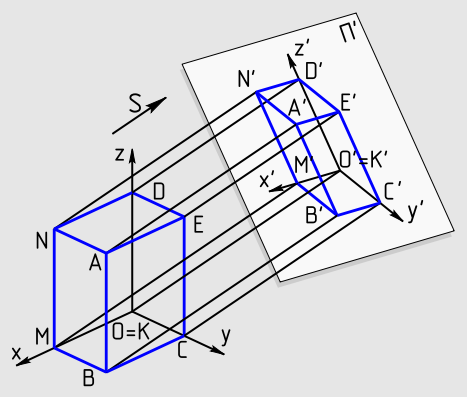Expand description
The abstract Camera base class holds generic camera options and defines the interface that all camera implementations must provide.
- EnvironmentCamera
- OrthographicCamera
- PerspectiveCamera
- RealisticCamera
Perspective Camera
The two most characteristic features of perspective are that objects are smaller as their distance from the observer increases; and that they are subject to foreshortening, meaning that an object’s dimensions along the line of sight are shorter than its dimensions across the line of sight.

Orthographic Camera
The orthographic camera is based on the orthographic projection transformation. The orthographic transformation takes a rectangular region of the scene and projects it onto the front face of the box that defines the region. It doesn’t give the effect of foreshortening - objects becoming smaller on the image plane as they get farther away - but it does leave parallel lines parallel, and it preserves relative distance between objects.

Environment Camera
A camera model that traces rays in all directions around a point in the scene, giving a 2D view of everything that is visible from that point. One important use of this image representation is environment lighting - a rendering technique that uses image-based representations of light in a scene.